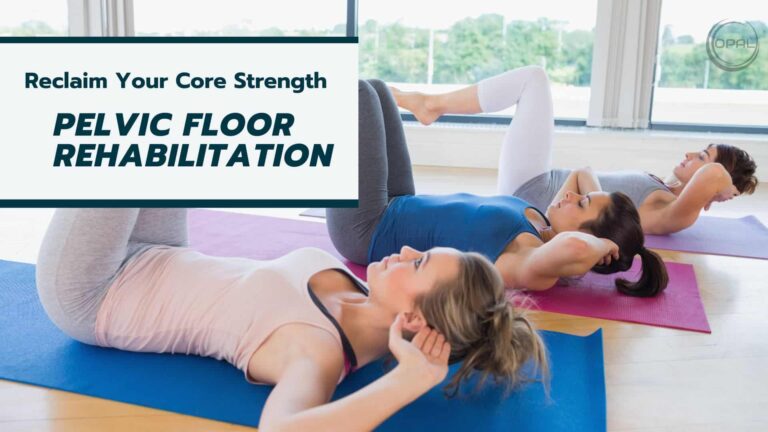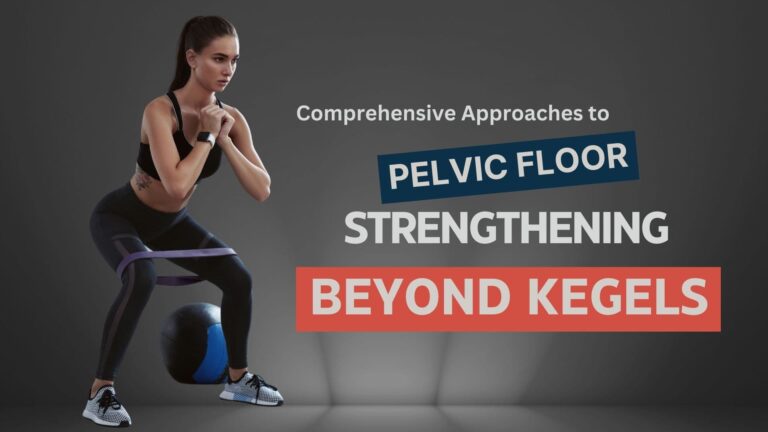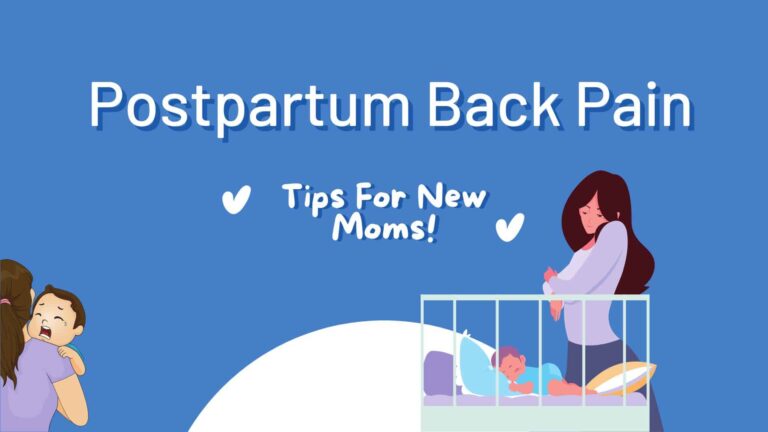Recovering From a Car Accident? Essential Tips for a Speedy Recovery
Every day, over three million people worldwide face physical trauma from car accidents. This shows how important it is to have good recovery strategies. Knowing how to heal and care for yourself can make a big difference, whether you have minor or serious injuries.
In Canada, recovering from a car accident is quite tough. You’ll deal with physical pain, insurance claims and emotional stress. But, with the right healing and rehabilitation approach, you can return to your life.
This guide provides key tips for car accident recovery. We’ll discuss what to do right after the accident and long-term ways to stay healthy and recover quickly. Remember, recovery is a process, and everyone’s recovery is different. Listening to your body and getting professional advice when needed is important.
Key takeaways
- Seek immediate medical attention, even for seemingly minor physical injuries.
- Follow a comprehensive recovery plan that addresses both physical and mental health
- Stay hydrated and maintain a nutritious diet to support your body’s healing process
- Engage in appropriate physiotherapy and rehabilitation exercises
- Don’t rush your recovery – give yourself time to heal properly
- Consider professional support for physical, emotional and mental well-being
- Stay informed about insurance claims and legal considerations

Immediate steps after a car accident
Car accidents can be overwhelming, but knowing what to do right after can make a big difference. Your actions in the first moments are crucial for your safety and future claims.
| Action | Why It’s Important |
|---|---|
| Move to safety | Prevents further accidents |
| Call emergency services | Gets help quickly |
| Seek medical care | Identifies hidden injuries |
| Document everything | Supports insurance claims |
Ensure safety at the accident scene
Accident scene safety: Safety at an accident scene is your top priority. If possible, move your car to a safe spot. Turn on hazard lights and set up warning triangles if available. Stay calm, ensure that you are alright,
Seek medical attention
Don’t skip emergency medical care, even if you feel fine. Some injuries may take time to show up. Whiplash, a common car accident injury, might not hurt right away. Getting checked out protects your health from more severe injuries and supports any future claims.
MVA Fact
“Nearly half of all spinal cord injuries reported each year are caused by motor vehicle accidents.”
Document the accident
Accident documentation:
Take photos of the crash scene, car damage, and any visible injuries. Gather contact info from other drivers and witnesses on the scene. Write down what happened while it’s fresh in your mind.
Remember, your actions right after a crash can affect your recovery and any legal claims. Stay safe, get checked out, and keep good records. These steps set the stage for a smoother recovery process.

Physical recovery after a car accident
Car accidents can have a big impact on your mind and body. It’s important to know about common injuries, how to recover and various treatment options. Let’s look at the physical side of getting better and how to deal with it.
Common motor vehicle accident injuries
Car crashes can cause many injuries, from mild to severe. Here are some of the most common injuries from motor vehicle accidents.
The severity of injuries depends on one or several factors. It’s important to seek medical attention after an accident, as some injuries may not be immediately obvious.
Medical treatment and follow-up care
It’s crucial to see a doctor right after an accident. Adrenaline can hide pain, so some injuries might not initially be obvious. Your doctor might use imaging tests to find any fractures or tissue damage. It’s important to keep up with follow-up appointments to track your healing.

Physiotherapy and rehabilitation
Physiotherapy after a car accident plays a big part in helping you get better and recover from injuries. Physiotherapy involves exercises and treatments to improve movement and reduce pain. It helps you regain your strength, flexibility, and mobility. Your physiotherapist will make a treatment plan for exercises specific to your injuries. These exercises help lessen pain and get you moving better over time.
| Recovery Aspect | Recommendation | Benefit |
|---|---|---|
| Rest | 48-72 hours post-accident | Allows initial healing |
| Heat Therapy | After 48 hours | Improves blood flow |
| Gentle Stretching | As recommended by a physiotherapist | Maintains flexibility |
| Hydration | 2+ litres of water daily | Supports tissue recovery |
Rest and limiting physical activity
Your body needs time to heal. Get plenty of sleep and avoid activities that could strain your injuries in the initial recovery stage. It’s okay to take it easy for a while!
Nutrition and hydration for healing
Good nutrition and hydration help your body heal. To help your tissues recover, try drinking at least 2 litres of water daily with electrolytes. Eating a balanced diet of proteins, vitamins, and minerals can speed up healing and boost your immune system.
Alternative therapies
Some people also find relief through treatments like massage or acupuncture. While these can be helpful, consult your doctor before trying alternative therapies if required.
Remember, recovering is a journey that’s different for everyone. Always talk to your healthcare provider before starting any new recovery plan.
Mental and emotional recovery
Car accidents can deeply affect people’s minds. It’s important to understand this impact on healing. In Canada, there are about 160,000 car accidents each year. One-third of those who survive may face mental health issues.
| Recovery Aspect | Recommended Action | Benefit |
|---|---|---|
| Stress management | Deep breathing, exercises | Reduces anxiety |
| Professional help | Therapy sessions | Processes trauma |
| Self-care | Sleep, nutrition, social engagement | Supports healing |
| Mindfulness | Meditation, relaxation techniques | Promotes emotional balance |

Understanding psychological impact
Most of the time, it’s not just about physical pain. Many people suffer from post-accident trauma, and emotional issues like anxiety, depression, and sleep problems can arise. Recognizing these signs is the first step to getting better.
Recognizing signs of trauma and PTSD
About 1 in 10 people who survive a collision may get PTSD—looking out for flashbacks, nightmares, or avoiding certain places or activities. These signs show you need help from medical professionals.
Coping strategies for anxiety and stress
Managing stress is crucial. Try deep breathing exercises or muscle relaxation techniques. General exercise can help by releasing endorphins, which lowers anxiety. Enjoying fun activities can also ease stress.

Importance of professional mental health support
Don’t be afraid to ask for help. Getting support from mental health professionals is key to recovery from any emotional distress. They can guide you through the tough times, helping you deal with the accident and lessen your anxiety.
Self-care practices
Make self-care a priority. Get enough sleep, eat well, and stay active. Spend time with friends and family. Try to keep a pain and progress journal. These actions are the foundation of emotional healing.
Mindfulness and meditation techniques
After a car accident, practicing mindfulness and meditation techniques can be incredibly helpful for recovery. Mindfulness involves focusing on the present moment and accepting it without judgment, which can reduce stress and anxiety.
Meditation techniques, like deep breathing and guided imagery, can help calm the mind and body. These practices can improve mental well-being, aid in coping with pain, and promote better sleep.
By regularly incorporating mindfulness and meditation into daily routines, individuals may find themselves feeling more centered and resilient during their recovery process.
Practical aspects of recovery
Recovering from your car accident is more than just healing physically or emotionally. You must handle insurance claims, manage medical bills, and plan your return to work. Let’s look at these steps to help you recover smoothly.

Dealing with insurance claims
Filing insurance claims can feel overwhelming. Begin by collecting all information related to the accident. Then, quickly contact your insurer and give them all the details you can. Remember to keep a log of every conversation for later use.
ICBC claims
If you’re in British Columbia, you’ll work with ICBC claims. First, report your accident and attend all scheduled medical appointments. Enhanced Accident Benefits are available to all B.C. residents injured in a crash, regardless of fault. This covers medical care, recovery costs, and wage loss due to injury. Pre-approved treatments are available for the first 12 weeks after the accident, including ICBC physiotherapy, massage therapy, counselling, chiropractic and acupuncture treatments due to injury.
For other provinces in Canada: While this information is based on ICBC in British Columbia, other provinces may have different insurance company, systems and processes. It’s always best to check with your specific insurance provider for the most accurate information regarding your policy and claim process.
Legal considerations
Getting legal advice is key, especially for tough cases. A lawyer can explain your rights and make sure you get fair compensation. They can also help with disagreements and talk to insurance companies for you.
Managing medical bills and expenses
Keep a record of all medical costs related to the accident. This includes treatment expenses, medicines, and special gear. These records are important for insurance claims and legal actions.
Returning to work and daily activities
Talk to your employer about how you can safely return to work. You might need to go back gradually. Be transparent about what you can do and work with your employer to make a plan. This plan should help you recover, meet your job duties, and return to normal activities.
Recovery is a step-by-step process. Take it easy, ask for help when you need it, and always prioritize your health and well-being.

Regaining confidence in driving
Getting over a car accident is not just about physical recovery. Many people struggle with post-accident anxiety and a fear of driving. In fact, about one-third of those who survive an accident may develop psychological issues. Vehophobia, or the intense fear of driving, is the fifth most common phobia that can occur after a car accident.
Addressing fear of driving
First, acknowledge your anxiety. Cognitive Behavioral Therapy (CBT) and Prolonged Exposure Therapy (PE) can help with these fears. Setting small goals is a good way to start feeling better.
Gradual exposure to driving
Begin with short, easy drives in places you know well. Having a supportive friend or family member with you can make it easier. Slowly, you can drive more and face more challenging situations.
Defensive driving techniques
Taking a defensive driving course can really help. These courses teach you to spot and avoid dangers, making the roads safer. Plus, you might even save money on insurance.
| Benefits of Defensive Driving Courses | Impact |
|---|---|
| Improved skills | Enhanced road safety |
| Increased confidence | Reduced driving anxiety |
| Insurance discounts | Potential cost savings |
Recovery is a process that takes time. Most people start to feel better within a month of an accident. Don’t be afraid to ask for support from friends or join a support group. Taking that first step back to driving is the start of your journey to confidence.

A journey to recovery
Recovering from a car accident takes time and a well-thought-out plan. Every year, 50 million people get hurt in car crashes. The healing process and recovery time can take weeks for minor injuries or even years for serious ones like traumatic brain injuries and spinal injuries.
Having a strong support system is key to recovery. This includes doctors, physiotherapists, and mental health professionals. Remember, getting better is not just about your body. It’s also about your mind. Many people feel shock, anger, and fear after an accident. That’s why getting help from mental health experts is so important.
Stick to your recovery plan. Listen to your doctors, do the suggested therapies, and slowly return to your daily life. This will help reduce any future chronic pain and illness. With the right care and time, you can beat the challenges of a car accident and get your life back. Your recovery path is unique, but you can make it through with determination and support.

Cynthia Pathipati – Registered Physiotherapist
Cynthia Pathipati completed her bachelor’s in physiotherapy and is a qualified Registered Physiotherapist in good standing with the College of Physiotherapists of BC with more than 15 yrs of experience. She has Post-Graduate Credentials and Certifications as well as extensive knowledge experience in treating pelvic floor, orthopedic, neurological, vestibular and pain conditions.







